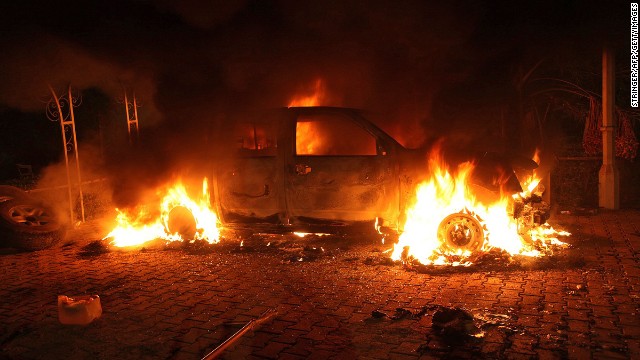Program note: Was there a political cover up surrounding the Benghazi attack that killed four Americans? Erin Burnett anchors a CNN special investigation: The Truth About Benghazi, Tuesday at 10 p.m. ET.

Nearly a year later, Benghazi remains a flashpoint in Washington for two very different reasons: indefensible pre-attack policy decisions and irresistible post-attack politics.
The Obama White House, from the president on down, complains of “phony” Republican-led congressional investigations. Yet the administration’s own reluctant, and at times inaccurate, responses to congressional inquiries have contributed to the GOP charge that the administration, at a minimum, has been less than transparent.
“We need to get to the bottom of what happened that terrible night, why it happened, and how we can prevent similar tragedies in the future,” House Speaker John Boehner said last week in serving notice the House Benghazi investigations would continue into the fall, and include new subpoenas for documents and testimony if necessary.
There are legitimate questions about why repeated and specific warnings about the Benghazi security situation were undervalued or ignored. Both lawmakers and intelligence professionals point to this weekend’s unprecedented wave of Middle East and Africa embassy closings as, at least in part, a lesson learned from the September 11, 2012, attack that killed Ambassador Chris Stevens and three other Americans.


